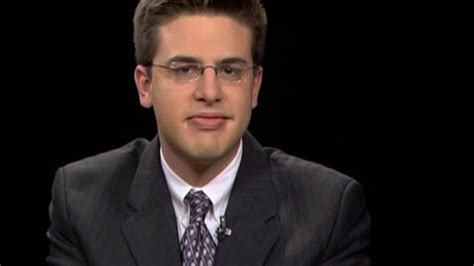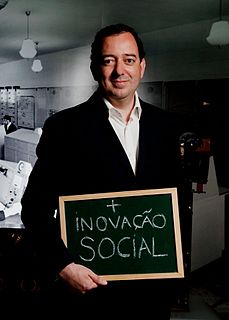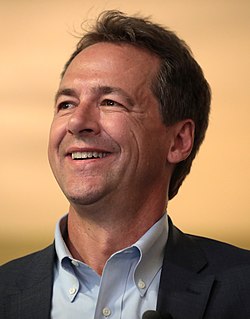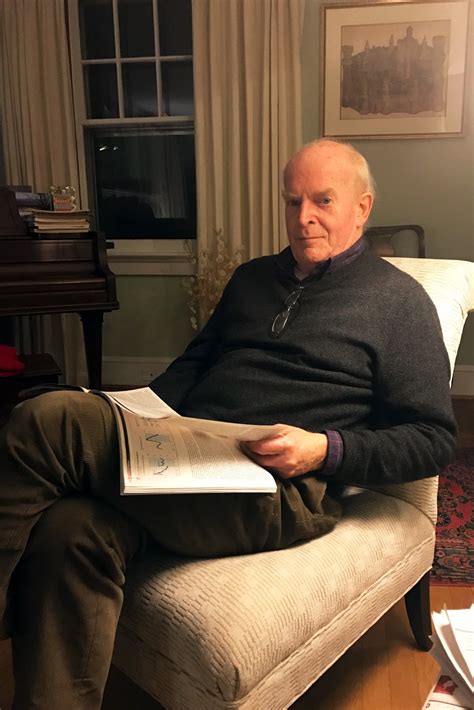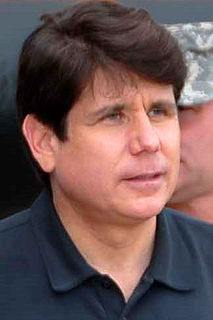A Quote by Leila Janah
Time and again we’ve seen that reducing poverty comes down to economic opportunity-not just connecting the poor to services like banking, but ensuring they can be producers on fair terms in the global economy.
Related Quotes
On the one hand, I loved being a banker. I loved how numbers could tell a story and how you can invest in ideas and see them translate into products and services and create jobs. What I didn't like, particularly where I was working in Brazil during the debt crisis of the early '80s, was how the poor were excluded from the banking system. I made the decision to try and experiment with whether we could use the tools of banking to extend the benefits of the economy to the poor.
In the eighties and nineties, the innovation agenda was exclusively focused on enterprises. There was a time in which economic and social issues were seen as separate. Economy was producing wealth, society was spending. In the 21st century economy, this is not true anymore. Sectors like health, social services and education have a tendency to grow, in GDP percentage as well as in creating employment, whereas other industries are decreasing. In the long term, an innovation in social services or education will be as important as an innovation in the pharmaceutical or aerospatial industry.
If we start thinking simply nationally, and we start having policies that try and restrict the benefits only within our borders, and try and implement protectionist measures as a consequence, this will not have the effect we need to have on the global economy. And that's ultimately the global economy that's pulling most of us down, particularly countries like Canada, that aren't the source of these current economic troubles.
Pope Francis emphatically does not buy the argument that poverty can be alleviated by the 'trickle down' effects of wealth creation. He is deaf to arguments that the global economy has brought a billion people out of poverty. He is convinced, in short, that the best and only way to expel poverty is fairer distribution of the world's goods.
There is an alternative to terror. It is called, in the political order, democracy. In the economic order, it is called the dynamic enterprise economy. (...) It empowers poor people from the bottom up. (...) A dynamic economic sector is the poor's best hope of escaping the prison of poverty. It is the only system so far known to human beings to take poor people and make them, quite soon, middle class, and some of them even (horrors!) rich.
Ninety-seven percent of the CEOs of the Fortune 500 are white men, and what they do radiates all the way down into poor areas and cities around our country. Like predatory lending and misallocation of municipal services. These guys get municipal service, poor areas don't. So they run the economy into the ground, and who suffers the most? The poor pay more and they die earlier.


